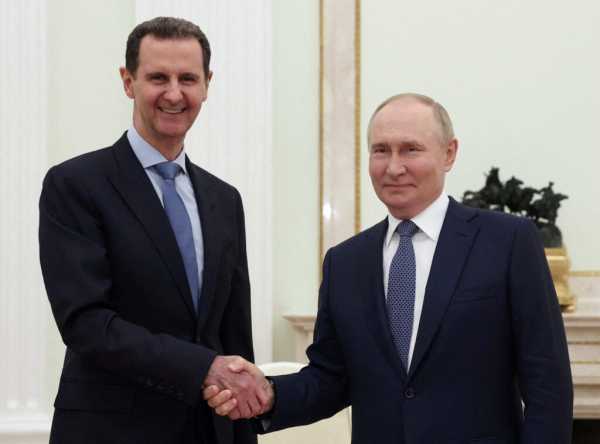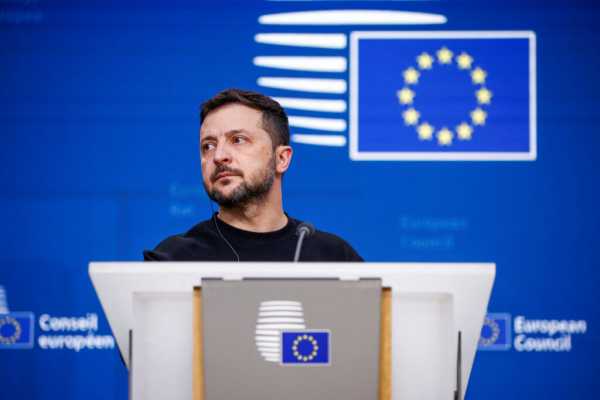
Prime Minister Mark Rutte (VVD/Renew) admitted that his efforts to mitigate impact of gas extraction in the province of Groningen were insufficient during a parliamentary debate on Wednesday, where he ignored demands to step down.
The Gronigen gas field is the largest gas field in Europe and one of the largest in the world with an estimaged 2,740 billion cubic metres of recoverable natural gas. First discovered in 1959, it has been exploited ever since but the extraction of gas resulted in subsidence and earthquakes with the largest registering a magnitude of 3.6, causing significant damage to property.
The debate, which spanned over two days from Tuesday to Wednesday, was triggered by a recent report of the parliamentary committee of inquiry concerning the adverse effects of gas extraction, which concluded that the Dutch state and oil companies neglected the long-term risks due to its economic profitability.
“My interventions have not always resulted in the desired outcome, no matter how much I would have liked it to be otherwise,” Rutte said during the debate.
Despite stating that much had been done, he admitted that “on balance, it is not enough. And that hurts”.
During the debate, Rutte endured harsh criticism from opposition lawmakers and members of coalition partners Christian Union (CU/EPP) and Christian Democratic Appeal (CDA/EPP).
The brunt of the criticism fell on Rutte’s failure to react to warnings concerning the possible effects of gas extraction in Groningen by regulatory agencies in 2013. That year, the State Supervision of the Mines (SODM) released a report urging the government to rapidly reduce gas extraction in the region following a 2012 earthquake in the village of Huizinge. Despite this warning, gas extraction reached record highs in 2013.
“That high extraction in 2013 is serious but was not actively caused by the government,” Rutte countered, laying the blame on long-term supply contracts already in place. According to him, the real extent of the situation only became clear after a decision by the Council of State to readjust the quantity of gas extraction in 2017, which was “very much unclear” prior to this decision.
However, his explanation was not enough to sway the lawmakers’ opinion.
“The Prime Minister is trying to give us the runaround,” Green party leader Jesse Klaver stated, claiming that Rutte had failed to act due to greed despite the warning.
“The understanding that the gas could be turned back was there, but the opposite happened. That should never have happened,” CU party leader Mirjam Bikker said.
Refusing to step down
Rutte deflected opposition parties’ demands that he should step down on several occasions during the debate, stating that he wanted to help right the situation.
“I realise that we cannot take away the sufferings of the past. But I want to be part of the way forward,” Rutte stated, putting all his eggs into the basket of a package of measures the cabinet presented back in April. “This has to work now”.
Nonetheless, opposition lawmakers insisted that the cabinet’s time is up.
“[…] What has to happen before the coalition says for once: enough is enough?” BoerBurgerBeweging (BBB) leader Caroline van der Plas asked.
”In the childcare benefits scandal, the previous cabinet felt that because of the systemic failure, it had no choice but to resign. How is that different from now?” Klaver added.
Belang van Nederland (BVNL) lawmaker Wybren van Haga already announced that he would be filing a vote of no confidence against Rutte.
(Benedikt Stöckl| EURACTIV.com)
Read more with EURACTIV

Austria sends police officers, soldiers to EU Moldova mission
Source: euractiv.com



